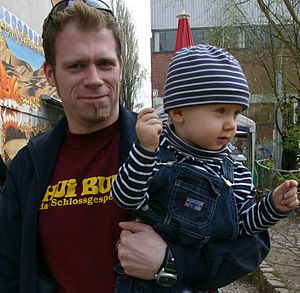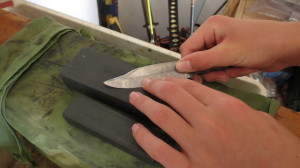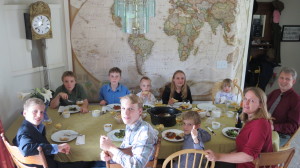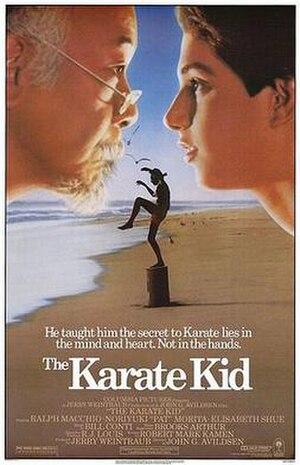
Guest Post by Levi Heiple:
In 1986, Michael E. Gerber wrote a groundbreaking business book called The E-Myth. This was later revised and published as the more famous E-Myth Revisited: Why Most Small Businesses Don’t Work and What to do About It. The book is regarded for its insights on how to plan, manage, and grow a small start-up business and turn it into a franchise business. “Work on your business, not in your business” was the key motto.
However, one insight that is just as powerful, yet often overlooked, is Gerber’s insight into human personality.
Gerber writes that inside each of us is really three different persons:
- The entrepreneur – dreams and plans for the future and sees opportunities
- The manager – craves order and pragmatically solves problems
- The technician – enjoys work in the present and loves to get things done
The idea of three persons in one should sound familiar to anyone acquainted with biblical theology. The Scripture teaches that God is trinitarian: the Father who plans and wills all things (the entrepreneur), Christ whom was given all things and brings all things under subjection according to the Father’s will (the manager), and the Holy Spirit who carries out the will of God in the present (the technician). Since humans are made in the image of God, it should make perfect sense to biblical thinkers that we find a trinitarian aspect within our own personhood.
Though we each have a three-in-one aspect to our personalities, we will find that people tend to have a dominant “person” that directs their behavior. Identifying which aspect is dominant in your child can be a critical component in structuring his education process.
About Levi Heiple
Levi Heiple is a writer/entrepreneur who specializes in electronic training and support systems. He connected with Jonathan Harris after being asked tutor his son, Caleb. You can sign up for Levi’s free weekly tip on “reading for innovation” at BookBlitzMethod.com. You can find his professional website at LeviHeiple.com. You can find his web design service at WebPromoPackage.com.
Learn More
For more of Levi’s tips on teaching young entrepreneurs:
For more information on the types, click on Jonathan’s affiliate book link:
































